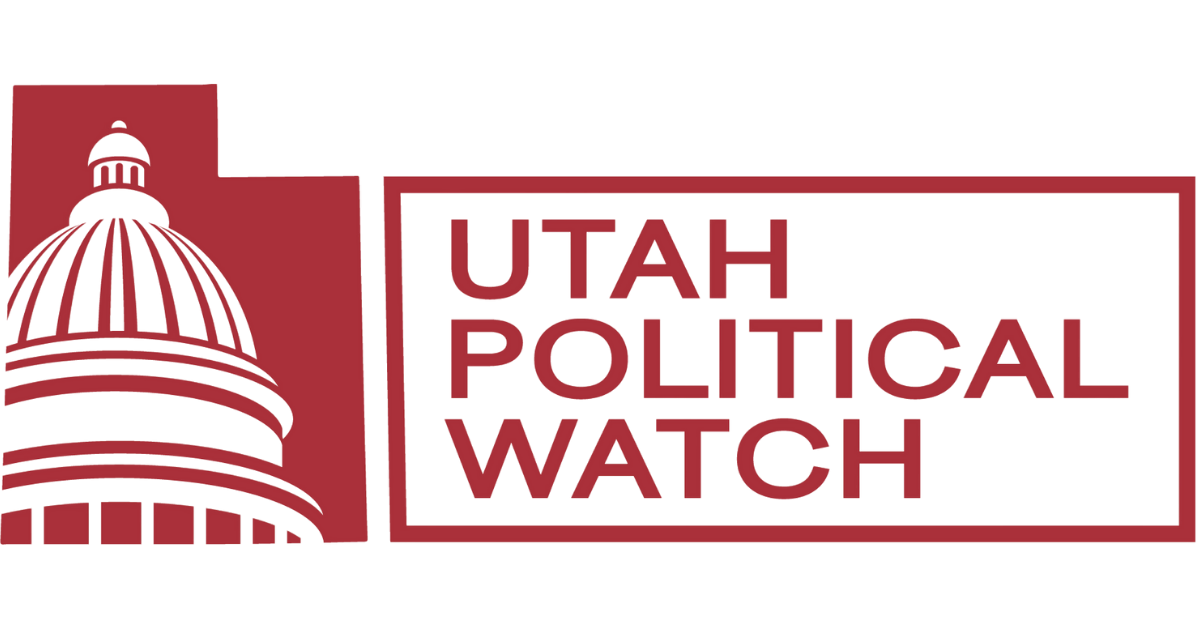With less than two before the 2025 Utah Legislature gets underway, lawmakers are staring at a budget deficit of between $225 million and $700 million.
Under Utah's Constitution, income taxes paid by individuals and corporations can only be used to fund public and higher education and some social services. According to legislative budget experts, revenues from those two sources have dropped significantly below projections for the first four months of the 2025 fiscal year.
When lawmakers set the state's budget in February, they expected individual income tax revenues to increase by a modest 2.9% during the coming year. Instead, those collections have dropped by 1.6% over the first four months of the fiscal year, 3.6% lower than those projections.
In real numbers, legislative budgeters expected income tax collections from individuals over the first four months of the year to be between $1.935 billion and $2.365 billion. Actual collections came in at $1.799 billion, nearly $146 million below the most conservative projections and $567 million lower than the most optimistic forecasts.
Lawmakers expected corporate income tax collections to drop by 4.1% this year. However, revenues have fallen 15.3% over the first four months compared to last year's period, representing a shortfall of between approximately $80 million and $134.5 million.
In a statement to Utah Political Watch, Senate President Stuart Adams, R-Layton, did not appear worried about the possible budget shortfall.
"Utah is the best-managed state in the nation. We believe in measuring twice and cutting once, and we will continue to follow this approach as we carefully review revenue estimates and balance the state budget during the 2025 session," Adams said.
Legislative leaders will meet on December 9 to finalize preliminary budget matters before the 2025 session begins in January.
Lawmakers have cut income taxes by more than $600 million over the past three years, reducing future revenues that could go toward education. If the current shortfall continues, it could dramatically reduce the amount of extra money lawmakers can spend on education in next year's budget.
House Speaker Mike Schultz recently said he wants to create a program to fund more career and technical education classes in Utah's public schools. Lawmakers are also eyeing increasing funding for the state's private school voucher program, dubbed the Utah Fits All Scholarship. If the shortfall in income tax revenues does not reverse, it could impact their ability to fund those programs.
A similar situation happened last year when revenue reports in the fall showed lower-than-expected income tax collections, giving the state a shortfall of about $130 million. That shortfall had been reversed by the time lawmakers set the budget for 2025 earlier this year.
Support from readers makes this publication possible.
Please consider becoming a paid subscriber or making a one-time donation.







